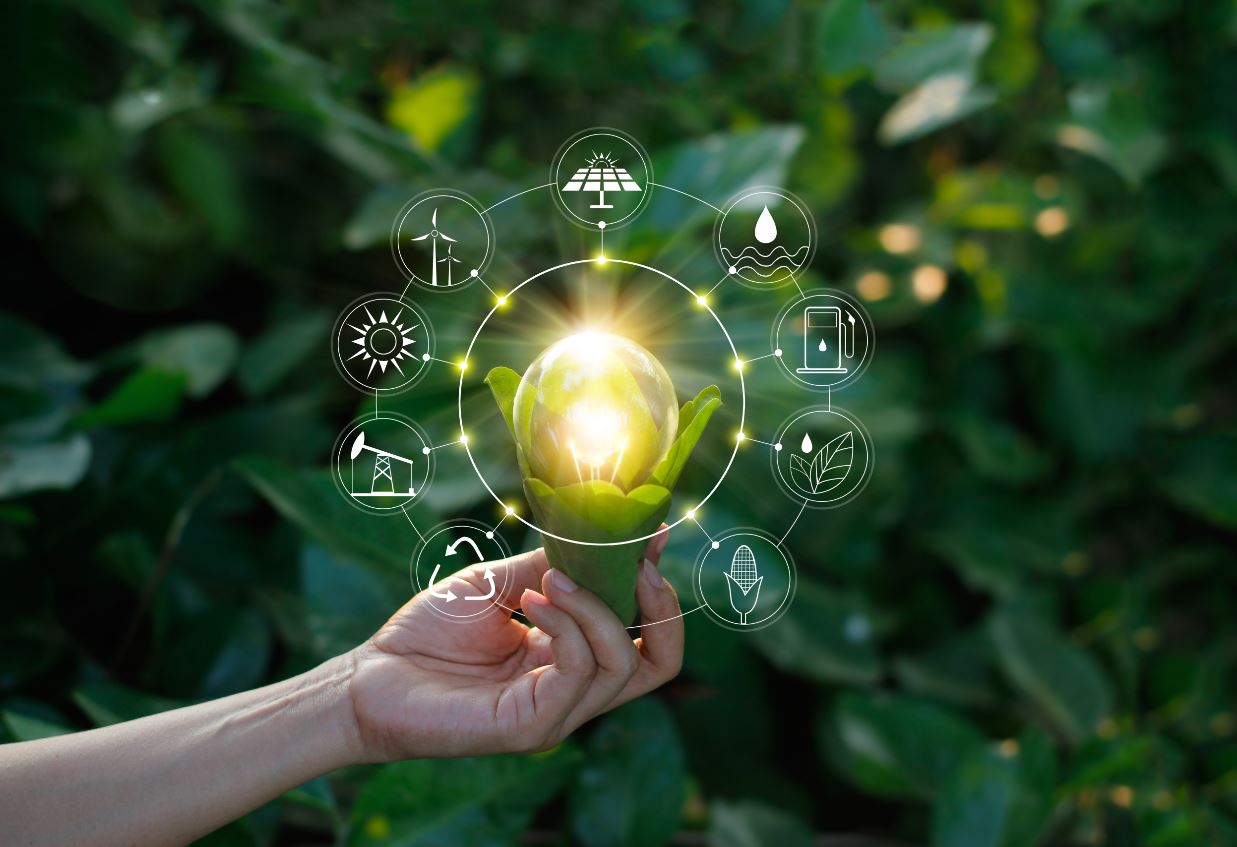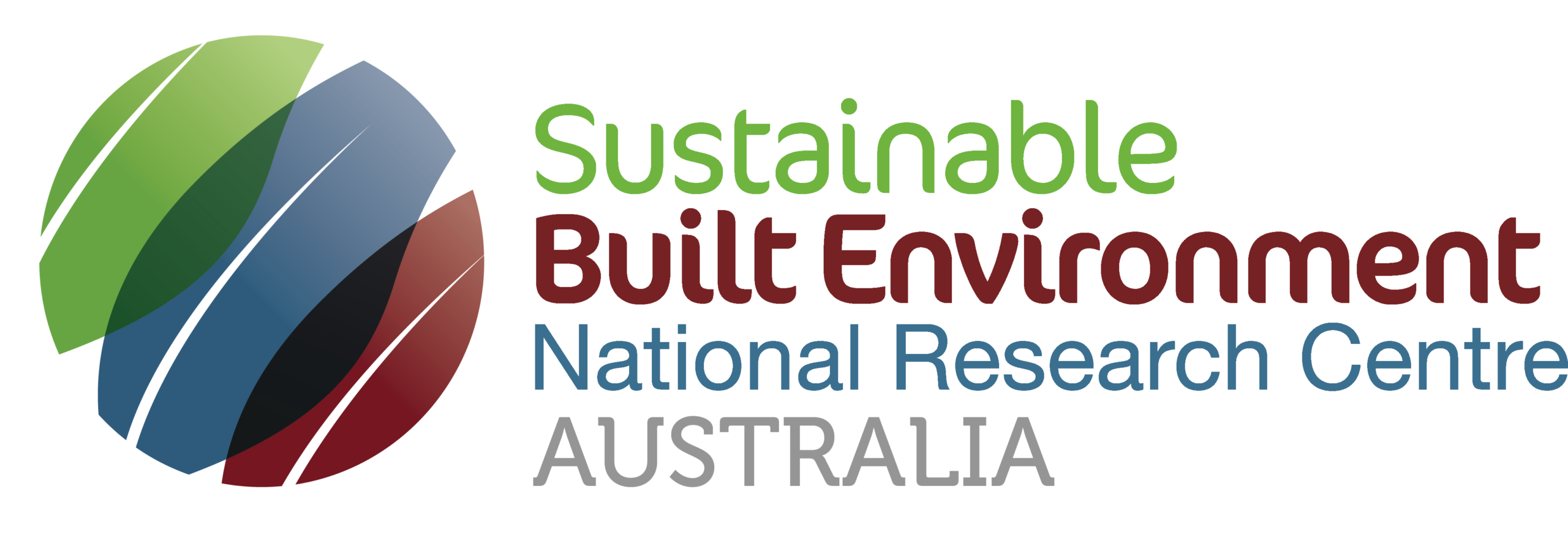
2.76 Sustainable Procurement

Project Number
2.76Round
Round 7Date
August 2020 - September 2021Research Team

Chair
Davina Rooney
BEng
CEO, Green Building Council of Australia
davina.rooney@gbca.org.au

Project Leader
Associate Professor Yingbin Feng
BEng MSc PhD
Western Sydney University
Y.Feng@westernsydney.edu.au
Documents for Downloading
Videos
Full Video – Sustainable Procurement, January 2022 (06:11)
Short Summary – Sustainable Procurement, January 2022 (03:39)
Related Documents
Project Communication for Industry (October 2020)
Presentations
Feng, Y. (2021). Presentation – Sustainable Procurement in the Built Environment.The Power of Purchasing. Keynote Speech at the 2021 12th International Conference on Construction & Project Management (ICCPM 2021)(September 2021).
Feng,Y., (2020). Presentation – Introduction to SBEnrc P2.76 Sustainable Procurement, presented at the Western Sydney University, School of Built Environment-SoENG Joint Research Seminar (November 2020)
Feng,Y., (2021). Presentation – Questions for Focus Group Discussions, presented at the SBEnrc P2.76 Project Steering Group Meeting #3 (February 2021)
Feng,Y., (2021). Presentation – Project update and framework development, presented at the SBEnrc P2.76 Project Steering Group Meeting #4 (May 2021)
Feng,Y., (2021). Presentation – Enabling sustainable procurement in the building and infrastructure sectors, presented at the National Local Government Roundtable (June 2021)
Feng,Y., (2022). Presentation – Final Industry Report – Sustainable Procurement and Final Industry Briefing
Media
Call for Papers: Feng,Y., Mohamed,S., Le,T., Sustainable Procurement: Challenges and Opportunities, Special Issue for the journal Sustainability (2021)
Article: Sustainable Procurement: What we learned from COVID-19. The Fifth Estate, 5 July 2021
Article: Four things that need to change with stakeholders to build sustainable procurement. The Fifth Estate, 1 November 2021
Publications
Caldera S, Mohamed S, Feng Y. Evaluating the COVID-19 Impacts on Sustainable Procurement: Experiences from the Australian Built Environment Sector. Sustainability. 2022; 14(7):4163. https://doi.org/10.3390/su14074163
There is an increasing community expectation to support sustainable products and practices through the billions spent by government and industry in their commercial operations. It is challenging to be able to identify the products or services that genuinely support sustainable development goals, achieve the targeted outcomes and concurrently represent value-for-money in achieving those goals. Sustainable procurement involves a high degree of collaboration and engagement between all parties in a supply chain, which needs to be monitored to track the achievement of sustainability outcomes. This industry-driven research project will respond to identified industry challenges by examining key issues across the procurement life cycle (i.e., planning, sourcing, and contract management) to improve environmental, social and economic sustainability outcomes in the housing, building and infrastructure sectors in Australia.
Objectives
The key focus areas include:
- To examine the role of clients, stakeholders and suppliers in transforming industry practices in procurement for sustainability in the housing, building and infrastructure sectors;
- To identify the value of sustainable procurement to meet organisational targets, across environmental, social, economic and governance dimensions;
- To examine the specific post COVID-19 impacts for achieving sustainable procurement and how these impacts may be ameliorated;
- To propose a sustainable procurement framework which integrates organisational targets, sustainability value tracking, existing technologies such as Building Information Modelling/Digital Engineering, industry rating tools, policies/ guidelines/ processes and supply chain engagement into procurement life cycle; and
- To demonstrate the application of the proposed sustainable procurement framework by conducting case studies in selected sustainability themes such as green concrete, recycled content (beyond concrete material), Modern Slavery Act, regional participation, and marginalised groups.
Industry Outcomes
The key industry outcomes include;
- A systematic study of key issues across the procurement life cycle to improve sustainability outcomes in the housing, building and infrastructure sectors in Australia;
- An approach to identify and define the value of sustainable procurement to meet organisational targets, across environmental, social, economic and governance dimensions;
- A sustainable procurement framework for clients that recognizes the role of stakeholders, organisational targets, sustainability value tracking, existing technologies and rating tools, supply chain engagement and procurement life cycle; and
- A guide for sustainable procurement for clients that defines best practice for monitoring, managing and improving sustainability outcomes within supply chains offer tools, approaches and case studies to assist in implementing the processes recommended.











